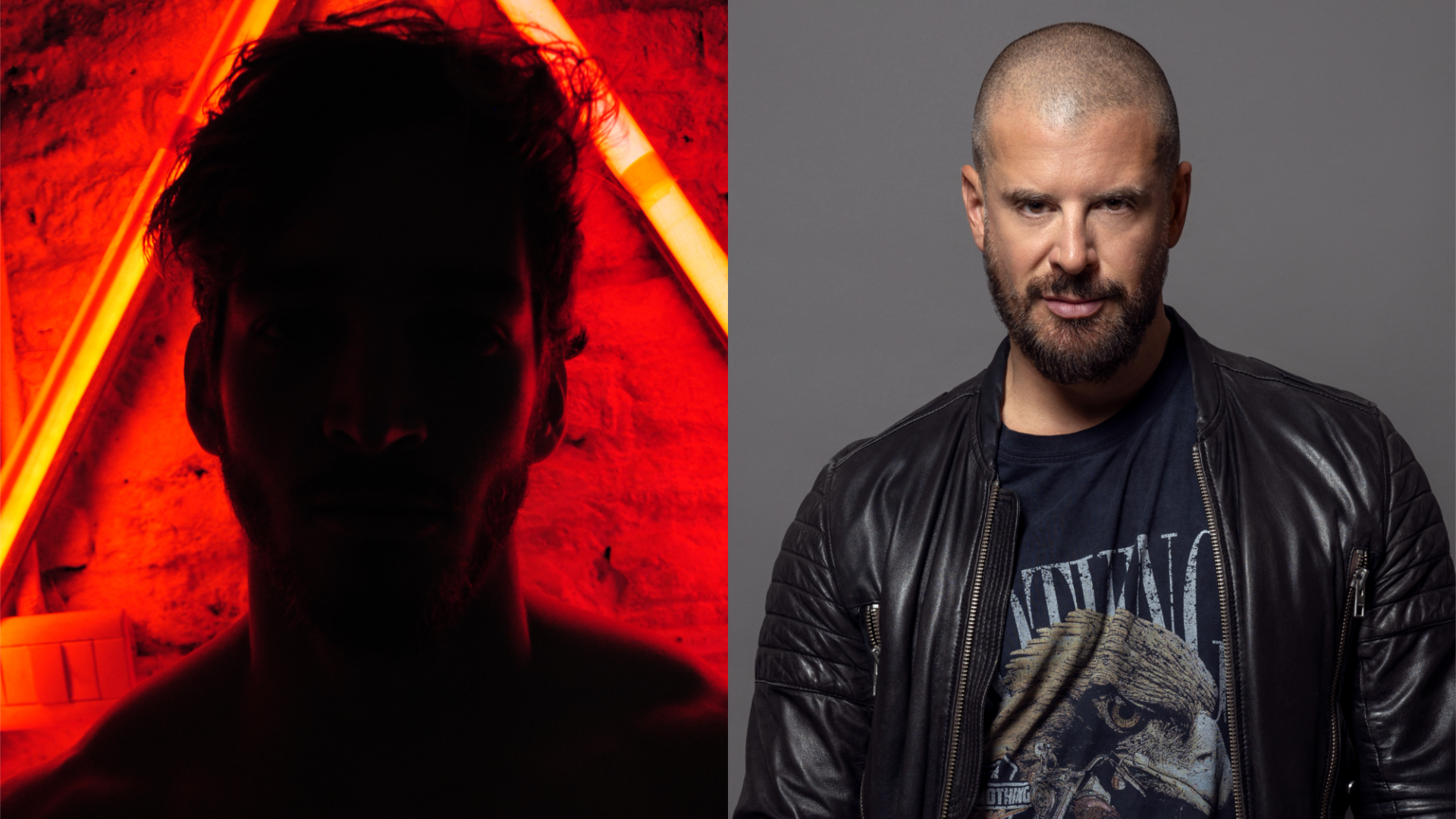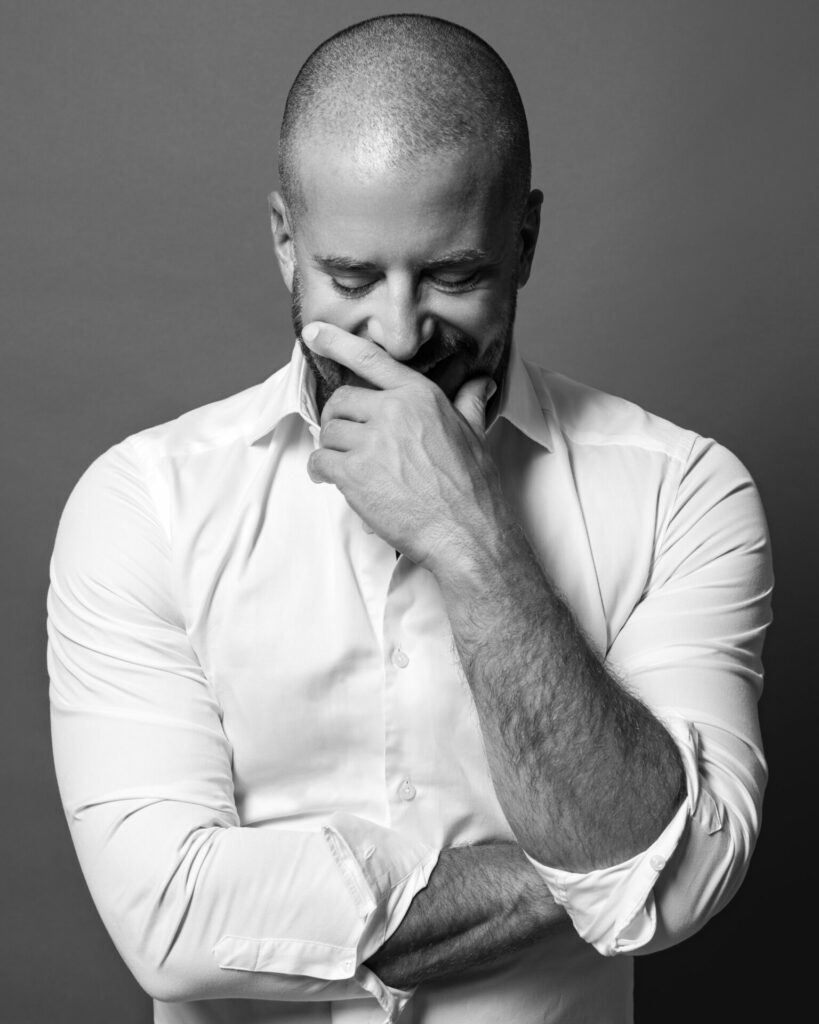Alexis Gregory spills all on disco-themed extravaganza FutureQueer: ‘It’s always been there for me’
"I view disco music as a metaphor for queer survival, celebration, and empowerment"

FutureQueer is my new solo show; a performance that’s part theatre, stand-up comedy, TED talk inspired DIY queer lecture, and pop culture commentary. The show is set in 2069, when through rather fabulous turn of events, the whole world has turned queer. I won’t let too much slip, but let’s just say it involves Drag Queen Story Hour, and Woke going truly mad. Here in the UK, we even end up with a new National Anthem; a Dannii Minogue mega-mix.
There are lots of existing queer cultural motifs in my show, including Donna Summer’s ‘I Feel Love’, created in 1977 to provide a sound of the future. Now, nearly five decades later still sounding very futuristic indeed. Maybe because “the future” is always, inevitably, just out of reach.
I view disco music as a metaphor for queer survival, celebration, and empowerment. It has, for the last five decades, been there for us queers, and it’s always been there for me too.
I first discovered disco as a pre-adolescent in the early ‘90s, when disco was having yet another revival. I remember watching a Channel 4 documentary on the movement (yes, it’s a ‘movement’ to me) called The Rhythm Divine. I recall then buying a double cassette album, with the same title, that packed multiple disco hits into it. I bought the follow up double-cassette too; the rhythm was considered too divine to be restricted to just one oversize compilation.
“I view disco music as a metaphor for queer survival, celebration, and empowerment”
Kylie was, around the same time, stepping back in time, and flirting with the era. As an adolescent gay kid, I found myself drawn to New York dance outfit Deee-Lite’s front woman Lady Miss Kier. She was the living embodiment and reincarnation of the spirit of disco.
Madonna was, around the same time, also re-harnessing the power of disco. ‘Deeper and Deeper’ from her 1992 ‘Erotica’ album was riding high in the charts. The video reimagined Saturday Night Fever via Warhol’s The Factory. Her 1993 The Girlie Show included a performance of ‘Deeper’ that saw Madonna lowered onto the stage via a giant disco ball.

The disco ball is a reoccurring visual motif in Madonna’s work, with her ongoing Confessions On A Dance Floor, placing the disco ball centre stage during her current retrospective Celebration tour too. In the current tour, like The Girlie Show the disco ball is present onstage just before the action takes an unpleasant turn, and the spectre of AIDS dominates the proceedings.
Did disco, initially emanating from queer, black and latin, clubs become ‘too’ associated with the virus’ early days? Possibly. Disco was the soundscape fitting snuggly between post Stonewall Gay Liberation, and the emergence of a new mystery ‘gay’ virus. Ahead of AIDS, we’d seen the commercialism and industrialisation of gayness in way that we’d never before.
“Yet, the party was not over, and those who chose not to join it, were unable to kill it”
The Saint night-club in New York was probably the world’s first gay ‘super club’, with an electric, doomed ceiling depicted falling stars shooting across it. The club was populated by the best looking gay men in New York and beyond.
Soon though, the new virus was nicknamed ‘Saint’s Disease’ as so many of the clubs patrons were struck down with it. Disco-deity Donna Summer was also embroiled in a scandal, where it was claimed she’d turned against her gay audience. This came at the height of rising panic over the new virus, that was affecting much of her fanbase. The allegations have never been proved, and it remains a painful and complex episode in disco music’s history.
“I believe in 2069, that we will still be dancing to a, by then, ninety two year-old track”
Disco music had already navigated previous unexpected obstacles. The 1979 American ‘Disco Sucks’ protests saw piles of disco records being publicly burned in front of a packed stadium of 50,000 people. The evening culminated in a riot. Many saw it as a pushback, and resistance, to music that was considered too gay, and too black.
Yet, the party was not over, and those who chose not to join it, were unable to kill it. In the 1980’s disco became house and garage music. Recent replications of the genre have included Kylie’s Disco album, Jessie Ware’s That! Feels Good record, and Beyonce’s whole Renaissance era.
This month, I will perform the official premiere of FutureQueer at the beautiful Town Hall Hotel in Bethnal Green. It’s the hotel’s first presentation as part of their Events and Cultural Partnership programme. I share the show in the ex-council chamber; I love the idea of performing such a defiant, radical, and subversive, queer show in such a formal setting, and blasting out lots of disco music into the chamber as I do so.
I chose to set FutureQueer forty-six years in the future because ‘I Feel Love’ is currently forty- six years old. I believe in 2069, we will still be dancing to a, by then, ninety-two year old track, yet I predict it will still sound as fresh as it did back then, and as it does now. Disco symbolises, to me, queer reinvention, and reinvention is important to queers.
For many of us, coming-out is linked to the dance-floor, and it is our earliest act of reinventions one that reinvents us as ourselves.
Future Queer is on at Town Hall Hotel on 20-21 November, buy tickets here now.
